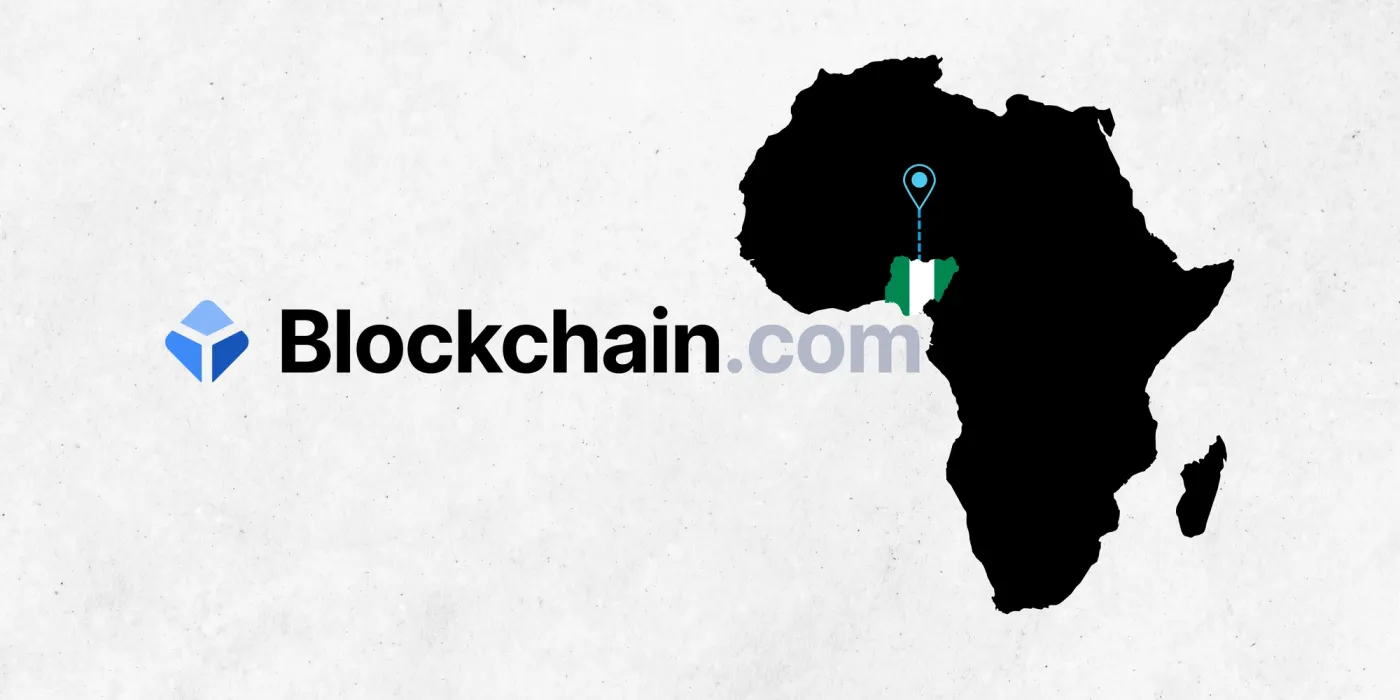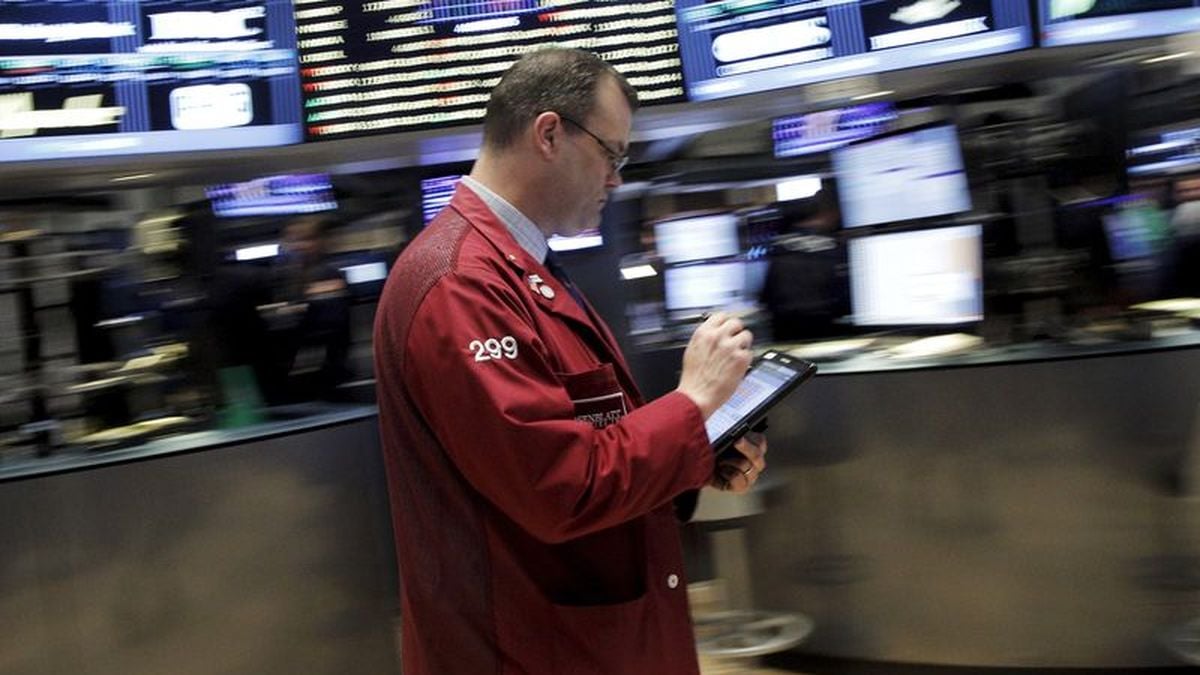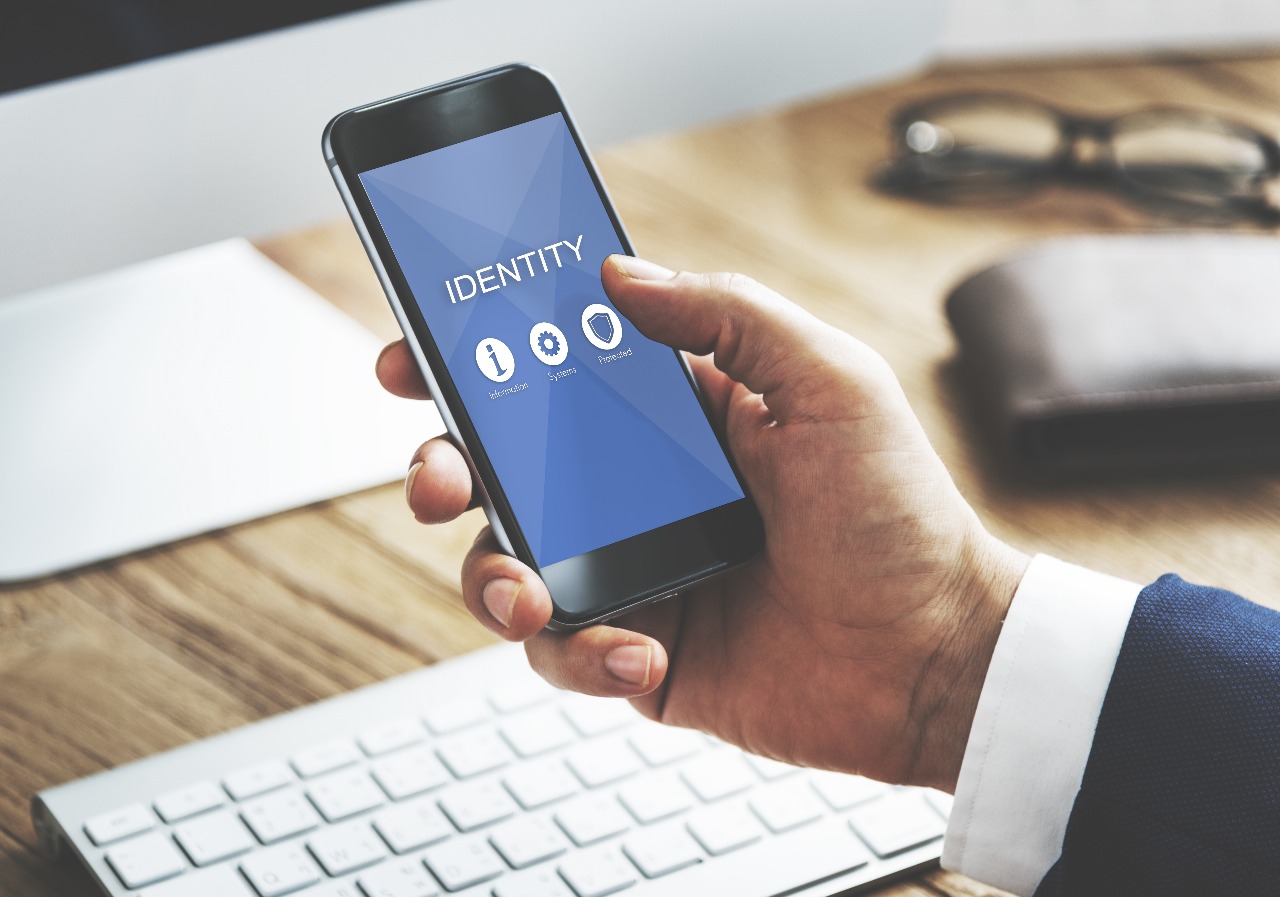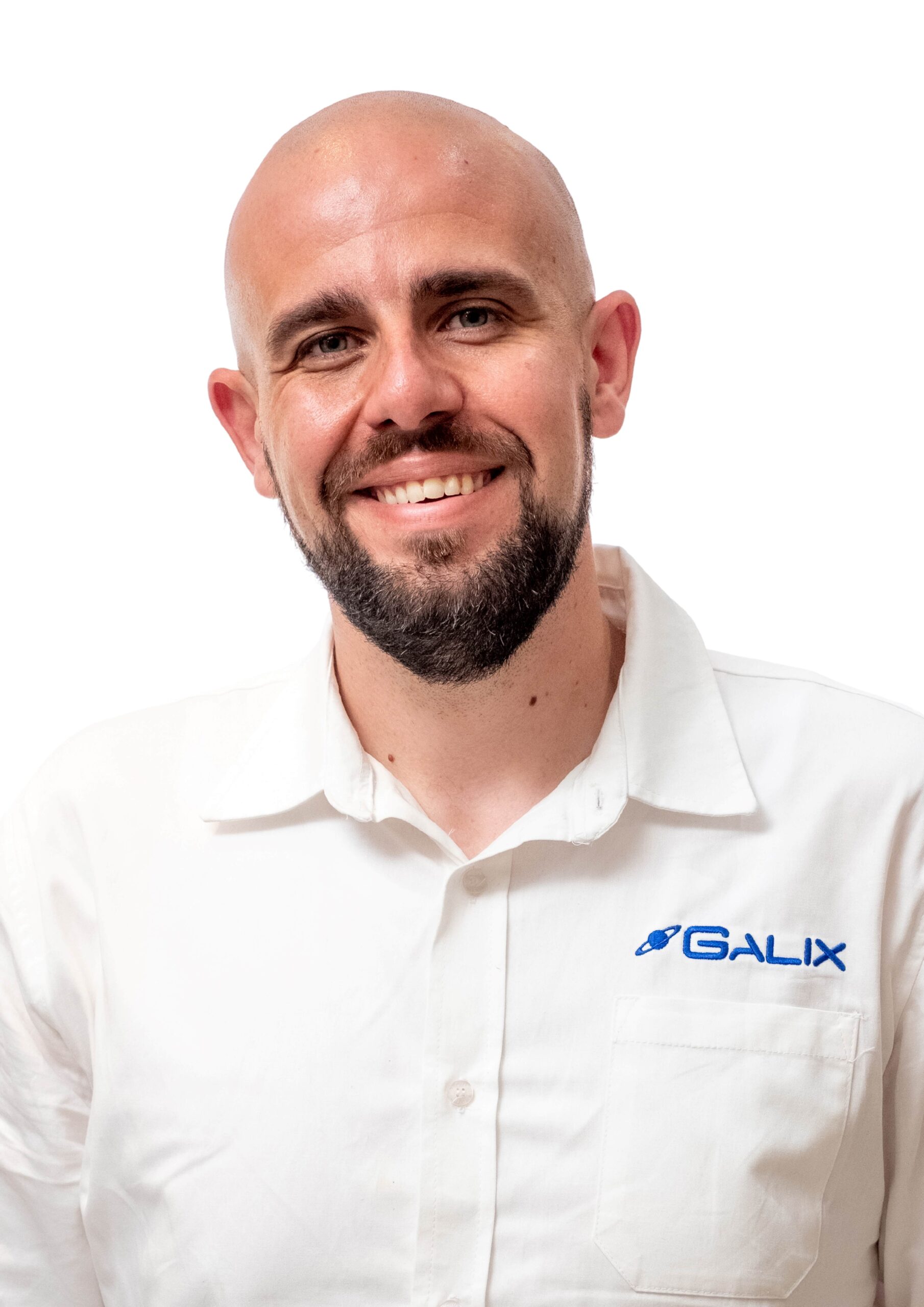Airtel Africa and Vodacom Group have announced a strategic alliance to share telecom infrastructure across three African countries, boosting digital access and service delivery.
This collaboration, pending regulatory approval, is set to supercharge digital inclusion, bringing reliable, high-speed internet to millions and unlocking new opportunities in underserved regions.
How It’s Done: The Tech Powering Progress
The partnership hinges on sharing fibre networks and telecom towers, which delivers:
- Blazing-Fast Internet: Fibre is the backbone of 4G and 5G, enabling low-latency connections for modern apps like e-commerce and telemedicine.
- Cost Savings: Shared infrastructure reduces expenses, allowing both companies to invest in broader coverage.
- Scalable Solutions: The model supports rapid expansion to meet Africa’s growing demand for data-driven services.
This approach isn’t untested; similar partnerships, like MTN and Airtel’s collaboration in Uganda and Nigeria, prove it’s a smart way to scale.
A Bold Step Toward a Connected Continent
This strategic partnership between Airtel Africa and Vodacom Group is all about sharing resources, specifically fibre networks and telecom towers, to deliver faster, more affordable, and more reliable connectivity.
By pooling their infrastructure, the two companies aim to:
- Expand access to digital services in areas with low connectivity.
- Lower operational costs, enabling quicker rollouts of 4G and 5G networks.
- Empower communities by bridging the digital divide in regions where internet penetration lags (20% in Mozambique, 29% in Tanzania, and 31% in DRC, per 2023 World Bank data).
This isn’t just about better internet; it’s about enabling financial inclusion, education, and economic growth for millions across these three nations.
READ ALSO:How AI Could Become Africa’s Secret Weapon for Agenda 2063
Why This Collaboration Stands Out
Africa’s digital economy is on fire, with mobile subscriptions expected to reach 1.2 billion by 2030 (Ericsson Mobility Report, 2024).
Yet, high infrastructure costs and massive geographies have kept millions offline. This partnership tackles those challenges by:
- Smart Resource Sharing: By using existing fibre and towers, Airtel and Vodacom avoid costly duplication, freeing up funds to expand coverage.
- Faster 4G and 5G Deployment: Shared fibre networks mean quicker access to high-speed, low-latency connections for everything from mobile banking to streaming.
- Reaching the Unconnected: The focus on rural and underserved areas ensures that even remote communities can join the digital economy.
The Numbers Tell the Story
- Target Markets: Mozambique, Tanzania, and the DRC.
- Connectivity Challenge: Internet penetration is just 20% (Mozambique), 29% (Tanzania), and 31% (DRC), compared to a global average of 68%.
- Vodacom’s Goal: Connect 260 million customers by 2030.
- Airtel’s Reach: Serving 170 million customers across 14 African countries.
- Green Impact: Sharing infrastructure reduces environmental footprints, aligning with sustainable development.
This partnership is positioned to transform lives by making digital tools accessible to those who need them most.
Leadership Driving Change
Both CEOs are all-in on this collaboration:
- Shameel Joosub, Vodacom Group: “This partnership empowers more individuals and communities through digitalisation, narrowing the digital divide across the continent.”
- Sunil Taldar, Airtel Africa: “Collaborating on critical infrastructure is a business imperative to build resilient networks that support emerging digital technologies.”
Their commitment shows how even competitors can unite for a greater cause, building a connected, inclusive Africa.
READ ALSO:Inside Hedera’s Plan to Certify 10,000 Blockchain Builders in Africa
What’s on the Horizon?
With regulatory approvals pending, this deal could set a template for other African markets. If successful, it may spark more collaborations, aligning with the African Union’s Digital Transformation Strategy (2020–2030).
As Vodacom eyes 260 million customers by 2030 and Airtel Africa serves 170 million today, this partnership is a massive step toward a connected continent. Expect expanded coverage, innovative services, and a surge in digital inclusion.
Stay tuned for more updates on Africa’s tech shift by following our blog.
Ronnie Paul is a seasoned writer and analyst with a prolific portfolio of over 1,000 published articles, specialising in fintech, cryptocurrency, climate change, and digital finance at Africa Digest News.







Leave a Reply